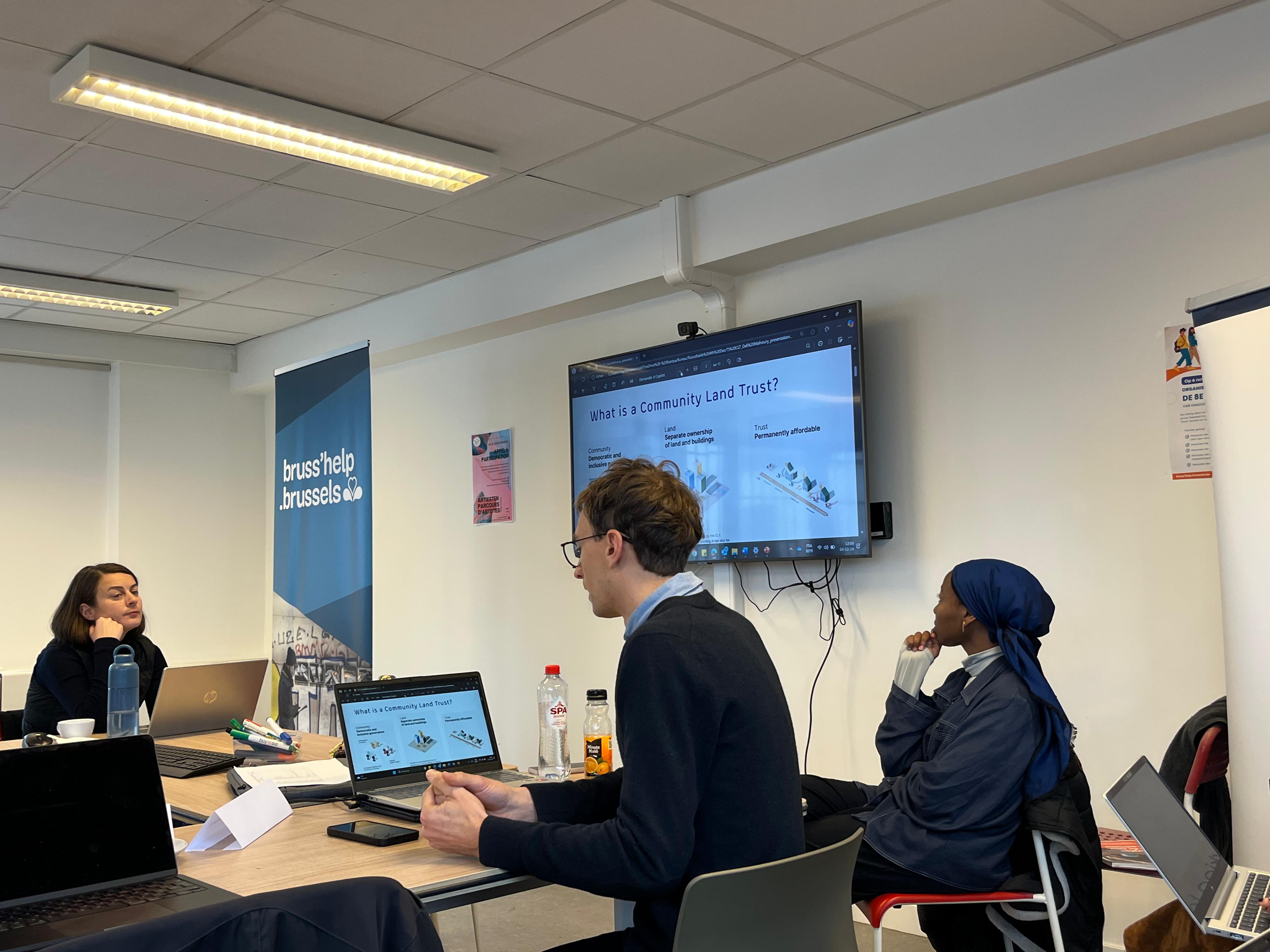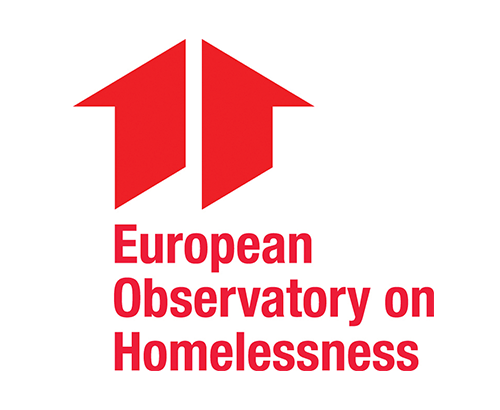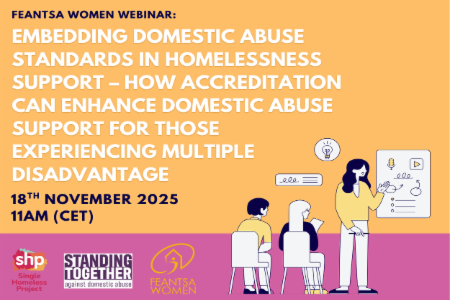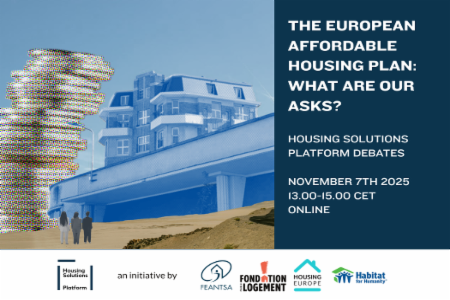FEANTSA Event - Reclaiming vacant spaces to create housing solutions

In the past year, with the support of Laudes Foundation, FEANTSA has been conducting a research project on policies and practices of repurposing vacant spaces into affordable housing solutions. We have been looking into legal and monitoring tools developed nationally and locally to put vacant spaces to use in responding to both housing needs and environmental challenges.
As part of this project, on the 4th of December, FEANTSA organised the roundtable “Reclaiming vacant spaces to create housing solutions”, with the purpose of bringing together organisations, policy makers and researchers working on making better use of vacancy.
Here are some key takeaways from the event:
Panel 1
- In the first panel, on innovative legal frameworks to deal with vacancy, Dara Turnbull from Housing Europe talked about the need to learn more about why buildings become vacant, which in turn should determine different policy responses, by taking into consideration not only cynical or profit driven reasons for vacancy, but also involuntary vacancy. He noted there are growing movements across Europe reclaiming vacancy, but there are few legal structures that are effective. You can check here Housing Europe 2023 report, Tools to deal with vacant housing.
- Noria Derdek from Fondation Abbé Pierre presented legal tools used in France to combat vacancy, ranging from a tax on vacant dwellings in tense areas, to government subsidies to owners and to requisition, but which is hardly ever implemented due to lack of clear instructions to the prefects. One of the biggest barriers for efficient mobilization of vacant spaces is the fact that it is not being considered a priority. Among the criteria considered for selecting vacant spaces that could be repurposed are the physical state of the property, the possible duration of occupancy and whether the repurposing is accompanied by a project with a social mission. She also provided several positive examples of repurposing, such as the project implemented by Quatorze organisation in Montpellier, or the shared accommodation projects of Caracol association.
- David Van Voorenn from Bruxelles Logement presented the legal framework for combatting vacancy in the Brussels Capital Region, based on the Brussels Housing Code, under which keeping a property unoccupied or using it for purposes other than housing for more than 12 months is considered an offence. He moreover talked about the tools to identify vacancy and the tools to sanction or discourage it. Although the number of units mobilized through this tool is not large, the main advantage of this policy lies in its dissuasive effect.
Panel 2
- In the second panel, focused on accurately identifying vacant spaces that could be repurposed, Benjamin Wayens from Université libre de Bruxelles talked about the research project he was involved in, on better identifying vacancy. An essential aspect of the process was complementing the database created with the administrative and ground work. This led to the conclusion that a realistic estimate of vacancy in Brussels that is punishable under current legislation is of about 4500 empty homes and that the potential for rapidly-convertible space is not as high as expected.
Panel 3
- The third panel focused on balancing sustainability and housing needs, with concrete repurposing examples from the European CLT Network and Habitat for Humanity International. Dali Malnoury presented the community land trust model, whose working principles are the separation between land and housing, taking land out of the private market and ensuring the housing is affordable in perpetuity. He moreover presented several initiatives developed by CLT Brussels, such as Venizelos project and the Upcycling Trust model. Zuzana Matlonova talked about Habitat for Humanity’s ESTHer project, taking place between 2024-2027 in Poland, UK, Hungary and Croatia. The initiative takes a circular building approach to provide an innovative solution to the affordable housing shortage through practical demonstration, but also aims to research and create financial models that can help scale up such repurposing projects.
The roundtable was followed by a study visit at one of Communa’s social temporary projects, Casa Vesta, which provides collective accommodation for women in precarious situations, in collaboration with Samusocial. The participants had the opportunity to find out more about how temporary occupation projects are created and work.




